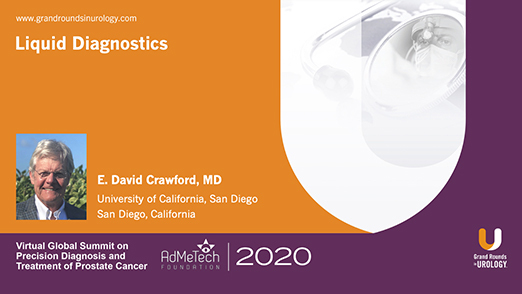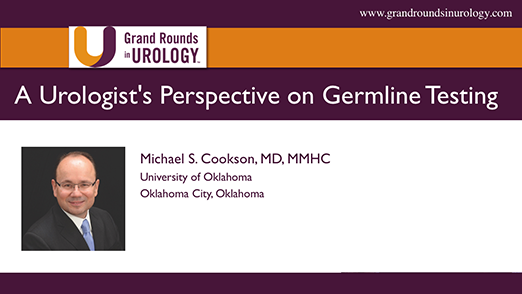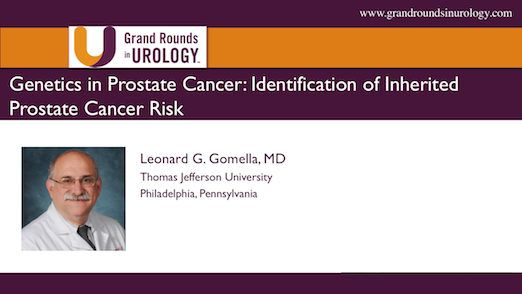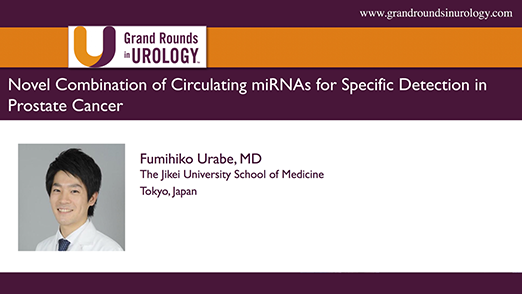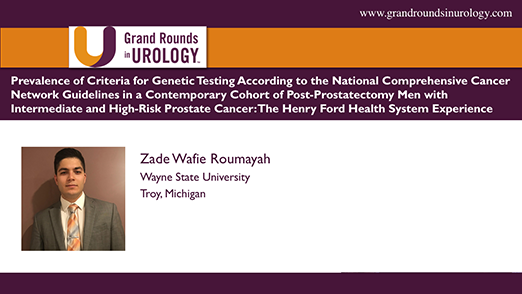
- HOME
- MEETINGS
- AdMeTech Global Summit
- Advances in Men’s Health
- Future Directions in Urology Symposium
- Innovations in Urologic Practice
- International Bladder Cancer Update
- International Prostate Cancer Update
- Perspectives in Urology: Point-Counterpoint
- Ralph E. Hopkins Urology Seminar
- Southwest Prostate Cancer Symposium
- Urology Today
- CONTENT & COMMENTARIES
- LEARNING CENTERS
- INDUSTRY PERSPECTIVE
- FACULTY
- CME COURSES
Select Page


